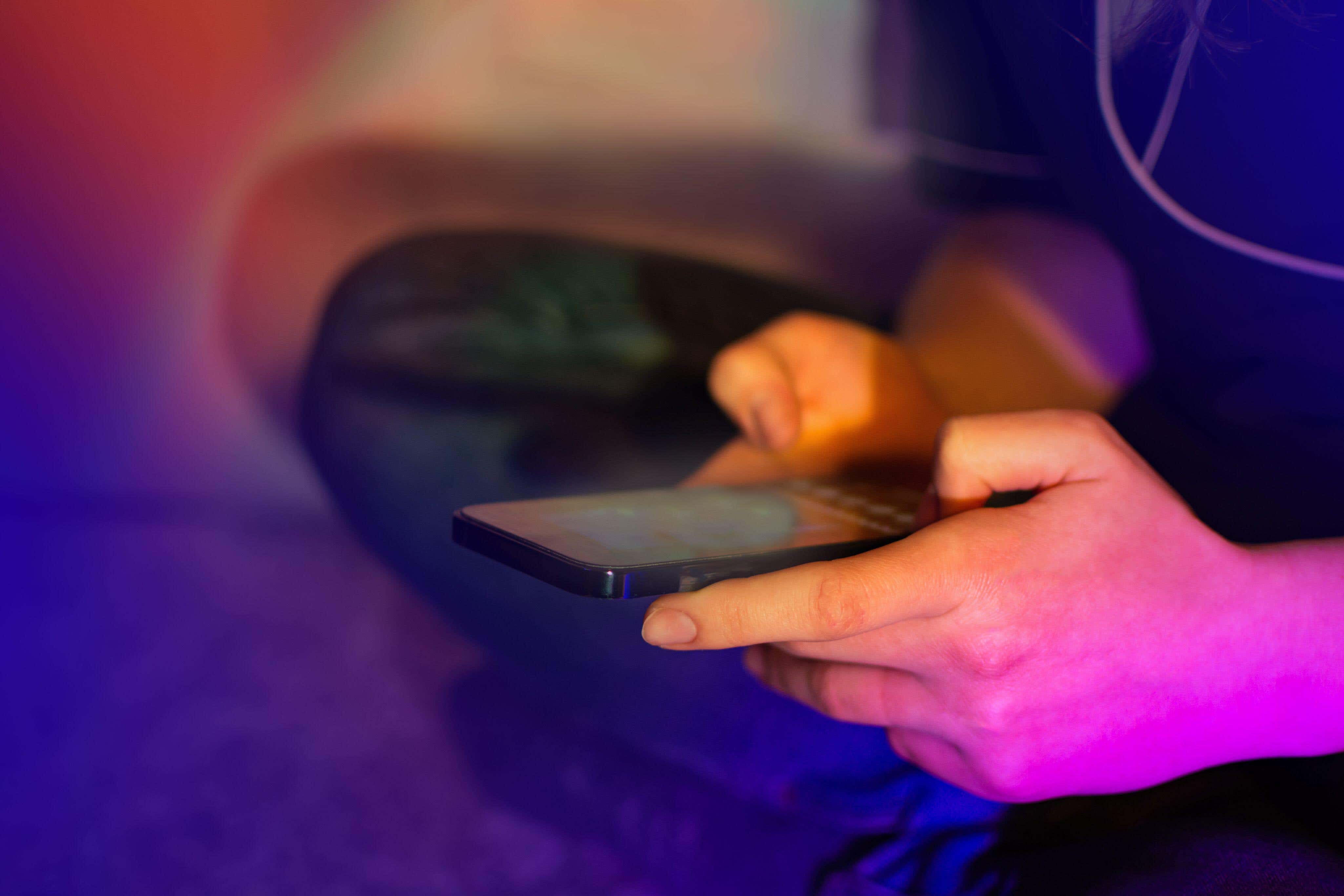Swinney willing to work with UK ministers on tackling explicit deepfake images
There has been growing concern around the use of AI to create sexually explicit deepfakes.

Your support helps us to tell the story
From reproductive rights to climate change to Big Tech, The Independent is on the ground when the story is developing. Whether it's investigating the financials of Elon Musk's pro-Trump PAC or producing our latest documentary, 'The A Word', which shines a light on the American women fighting for reproductive rights, we know how important it is to parse out the facts from the messaging.
At such a critical moment in US history, we need reporters on the ground. Your donation allows us to keep sending journalists to speak to both sides of the story.
The Independent is trusted by Americans across the entire political spectrum. And unlike many other quality news outlets, we choose not to lock Americans out of our reporting and analysis with paywalls. We believe quality journalism should be available to everyone, paid for by those who can afford it.
Your support makes all the difference.John Swinney has said he is willing to work the UK Government to outlaw sexually explicit deepfake images.
Earlier this month UK ministers announced their intention to crack down on those creating and sharing deepfakes, with penalties going up to a two-year jail term.
Deepfakes are images generated or edited using artificial intelligence which strongly resemble real people.
There has been growing concern around the use of AI to create sexually explicit deepfakes, the vast majority of which depict women and girls.
The First Minister indicated he is willing to deal with the issue through legislative consent, where Holyrood allows Westminster to legislate in an area which is normally devolved.
Labour’s Pauline McNeill raised the issue at First Minister’s Questions, saying it is particularly “unsettling” that those creating deepfakes sometimes know their victims personally.
She gave an example of schoolgirls becoming aware that male classmates were making deepfakes of them, and she urged the Government to close any legal loopholes.
The First Minister said the publication or distribution of sexually explicit deepfakes can currently be prosecuted under exiting offences relating to the “disclosure of intimate images”.
However he recognised deepfakes are a “growing problem which we take very seriously”.
He said: “We are carefully considering whether specific legislation is required to provide greater protection to those at risk of image-based abuse.
“This work includes giving consideration to UK Government plans to criminalise the creation of deepfake images – extending to Scotland.
“This would require legislative consent and we are open to working with the UK Government on this question.”